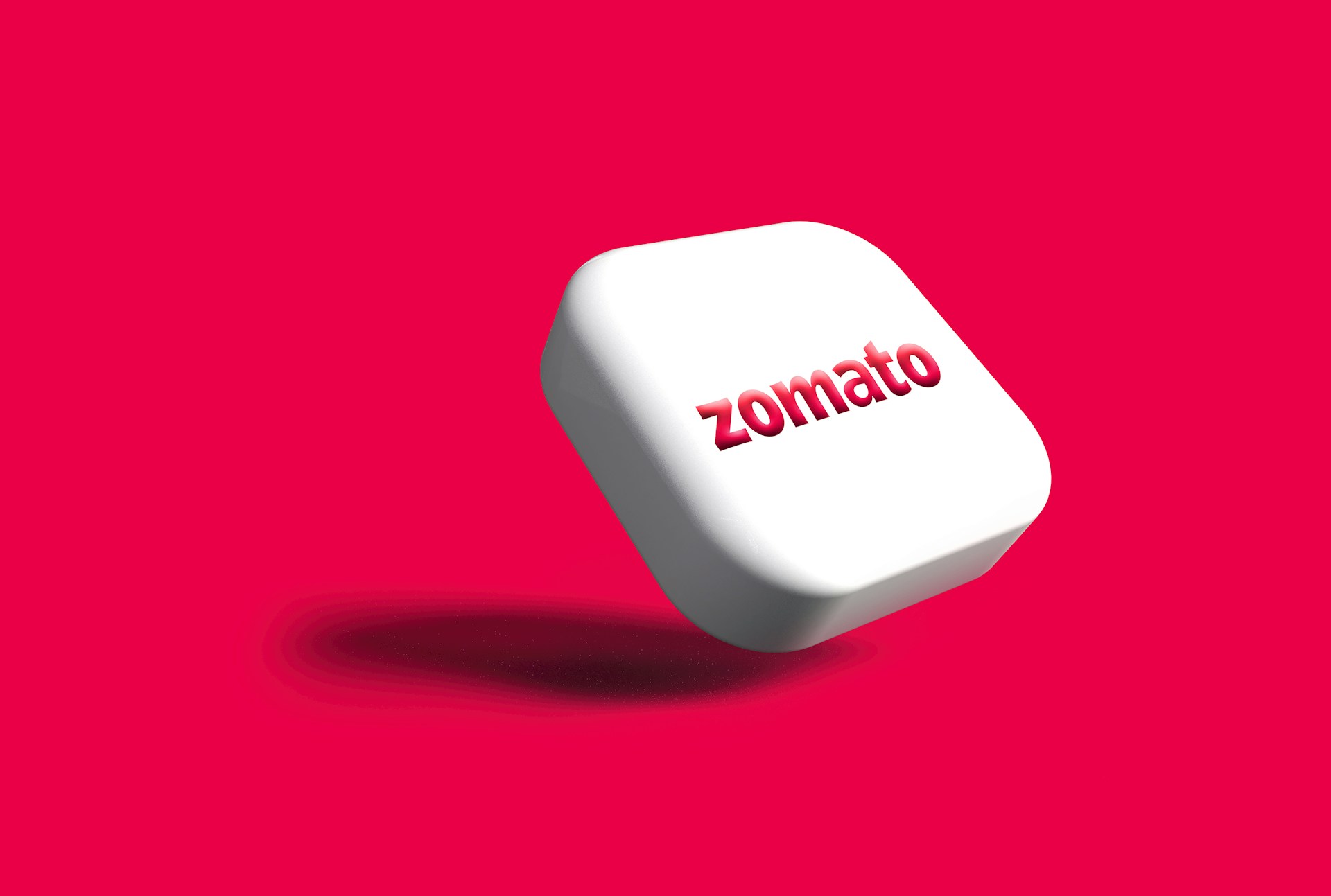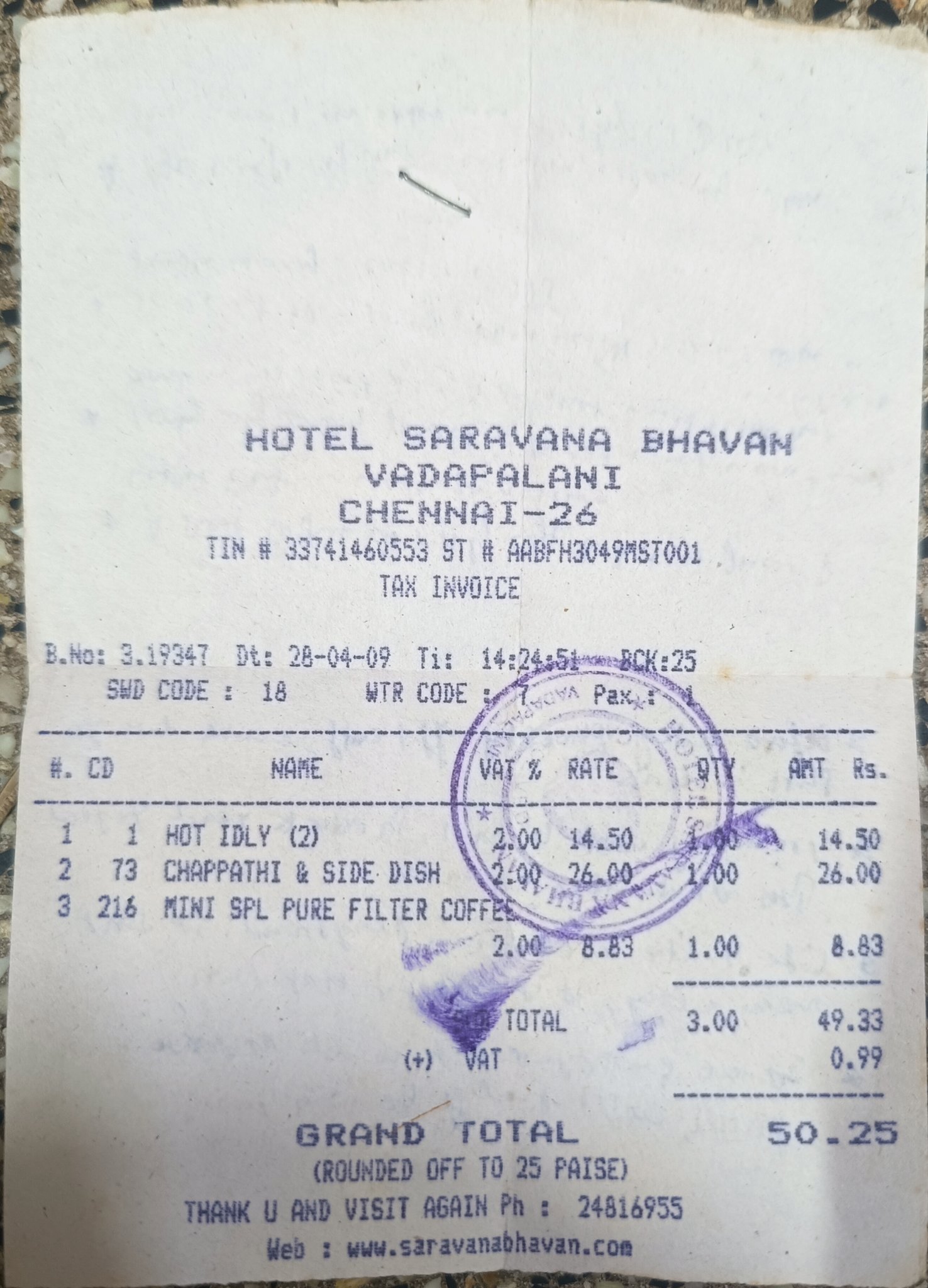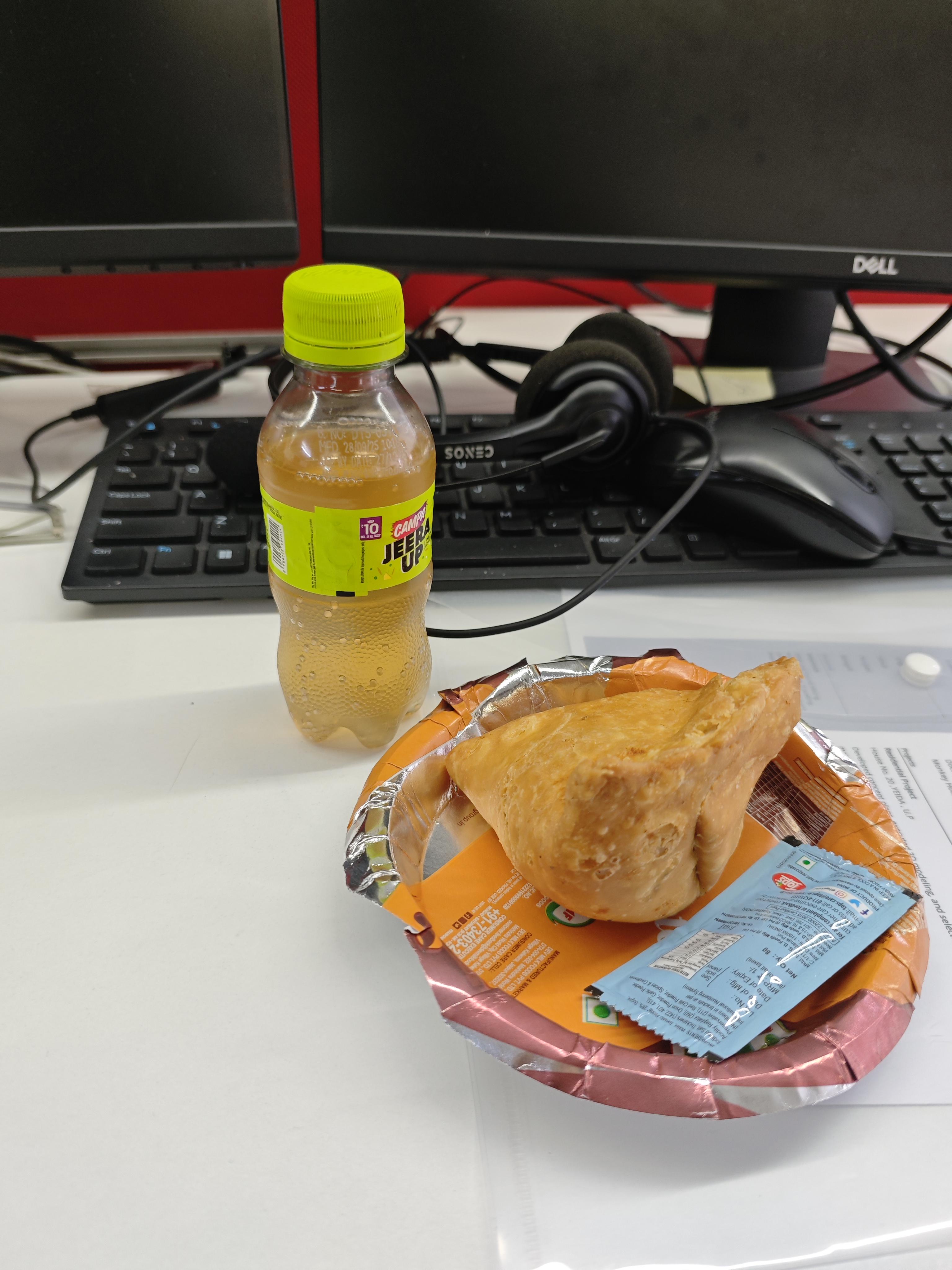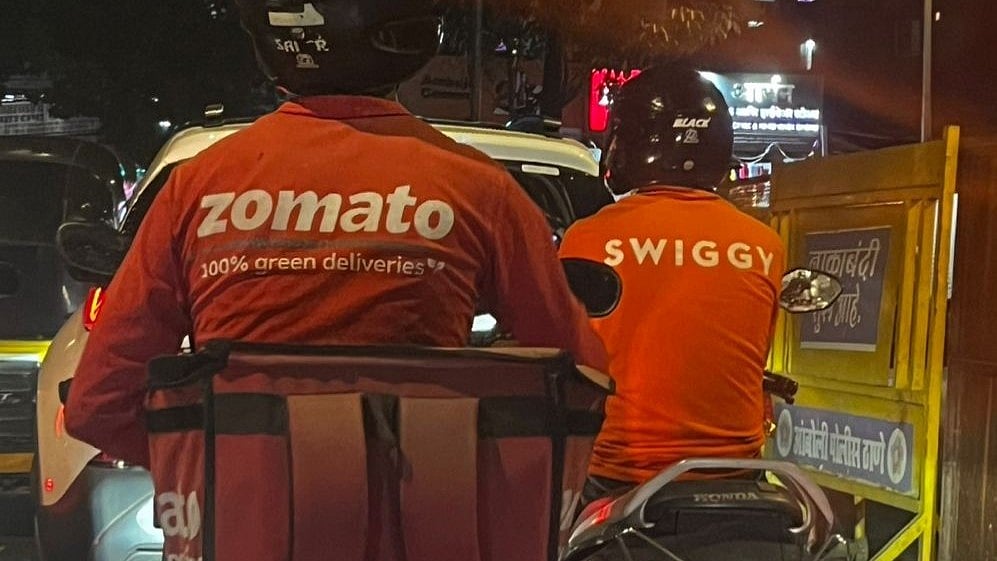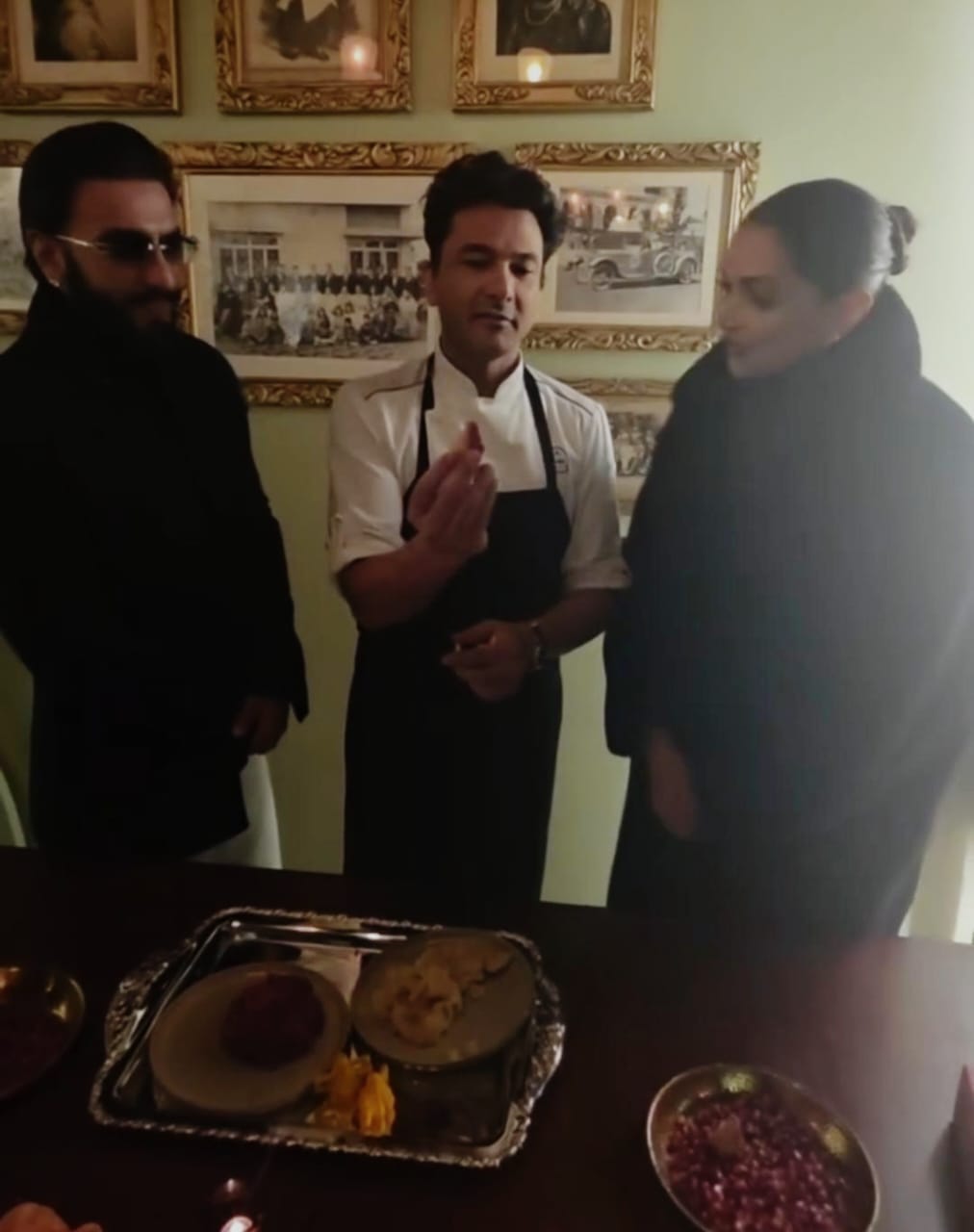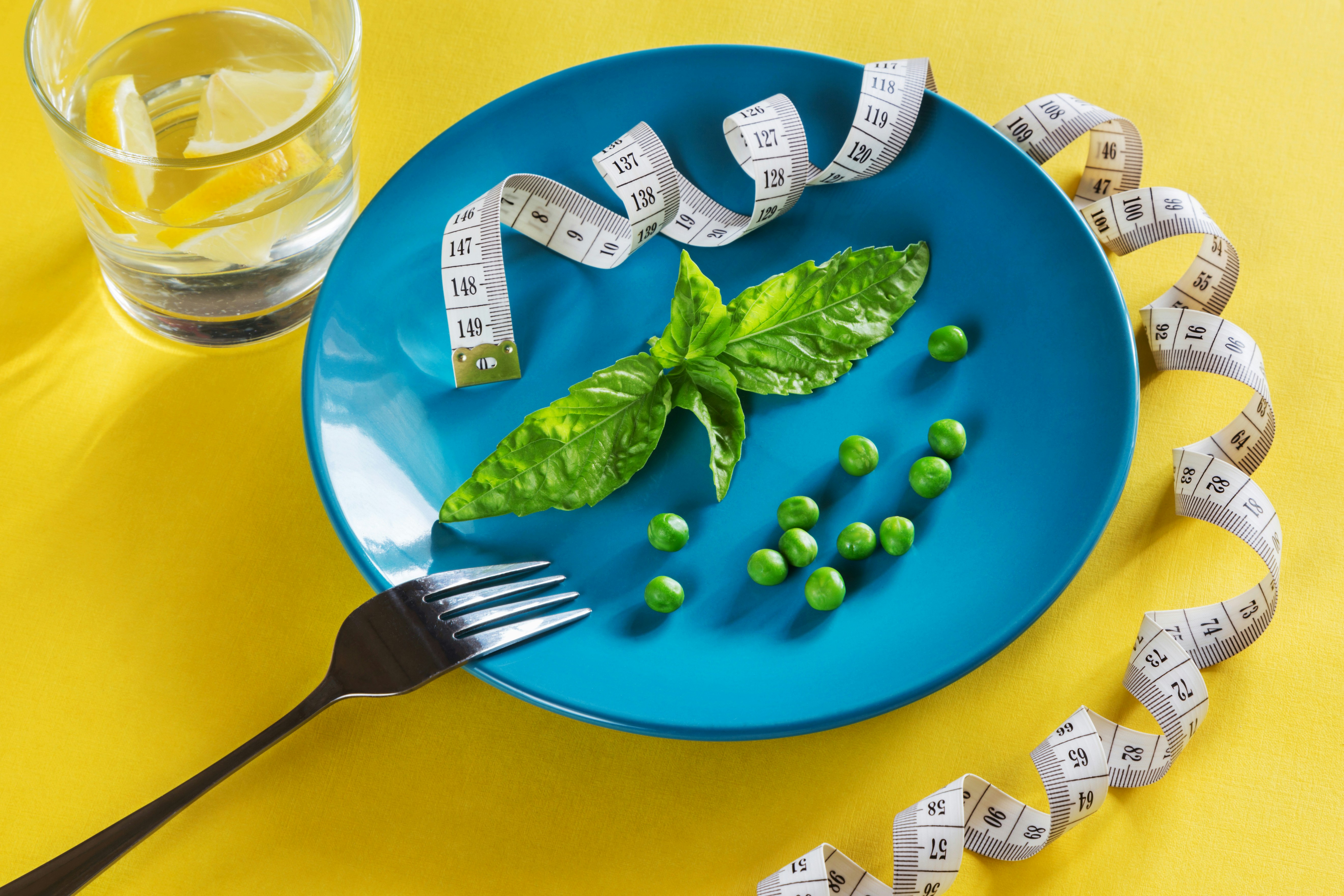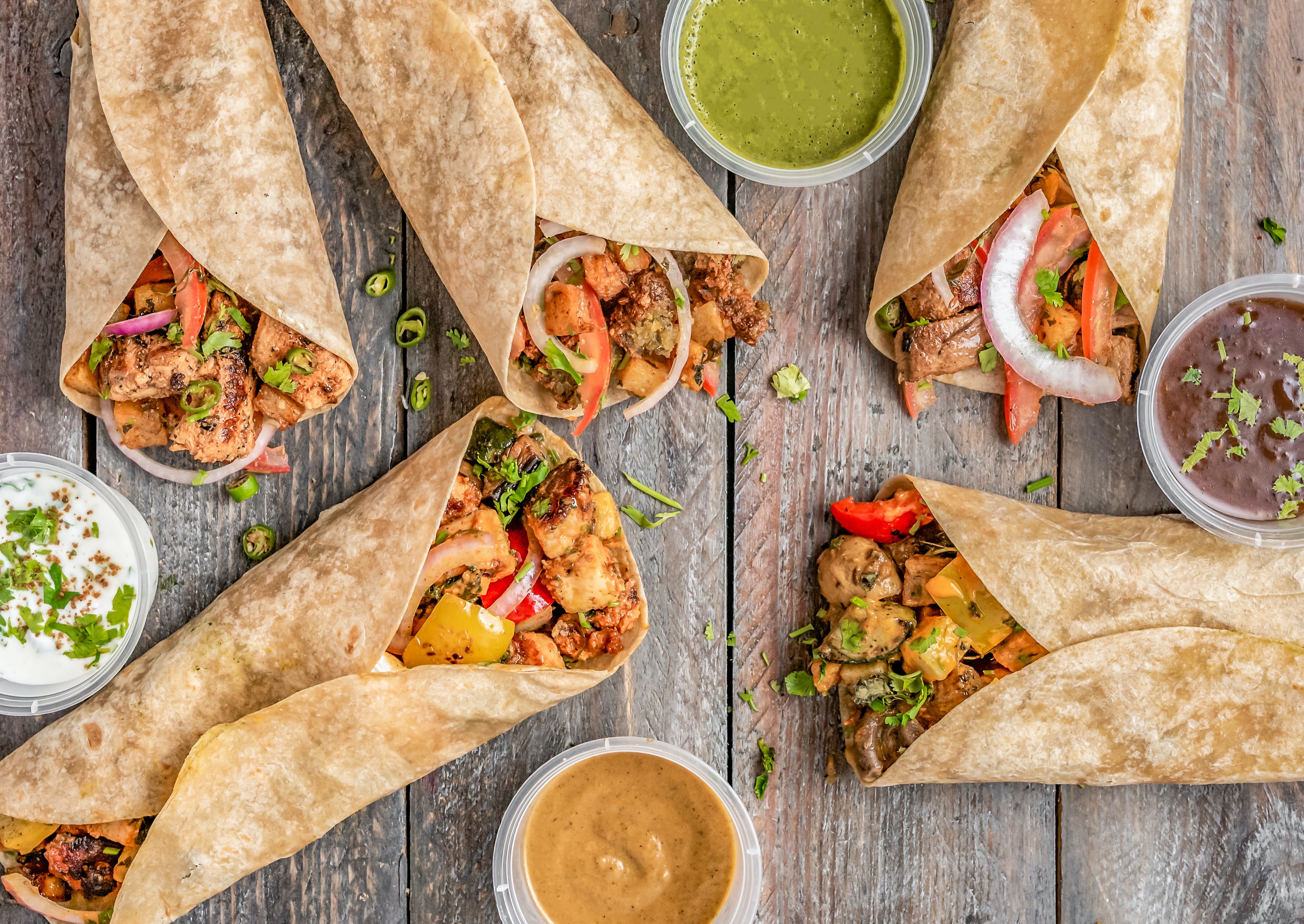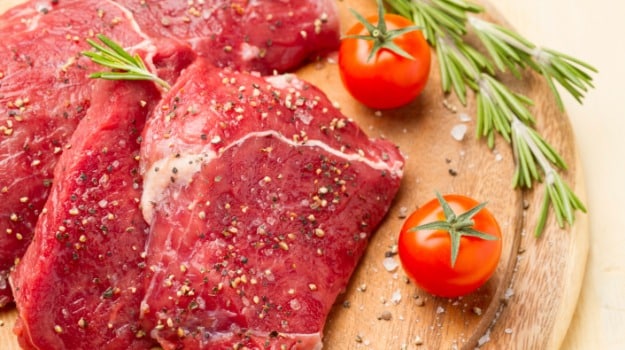All meat lovers, pay attention! A recent study published in the journal PNAS states that eating red meat may make one susceptible to cancer. Researchers at the University of California in San Diego have discovered that red meat contains a certain chemical that plays a possible role in tumour formation. Neu5Gc is a type of sugar which is naturally found in most mammals but not in humans.
For the research, Indian origin scientists along with their team, conducted experiments on mice modules where they were injected with doses of Neu5Gc. As a result, it was found that feeding Neu5Gc to these mice promoted spontaneous cancers significantly.
Why only red meat?
The study explains that red meats (beef, pork and lamb) are rich in Neu5Gc which our body cannot naturally accept. In simple words, foods of mammalian origin, such as these, are the primary sources of Neu5Gc in human diet. This sugar can easily be distributed to tissues throughout the body via blood.
Researchers had previously discovered that animal Neu5Gc can be absorbed into human tissues. In this study, they hypothesised that eating red meat could lead to inflammation if the body's immune system is constantly generating antibodies against Neu5Gc. Chronic inflammation is known to promote tumour formation. The team engineered mice to mimic humans wherein they lacked their own Neu5Gc and produced antibodies against it. When these mice were fed Neu5Gc, they developed systemic inflammation. It was also seen that spontaneous tumour formation increased five-fold and Neu5Gc accumulated in the tumours.
The study did not involve exposure to carcinogens or artificially inducing cancers, further implicating Neu5Gc as a key link between red meat consumption and cancer. "Until now, all of our evidence linking Neu5Gc to cancer was circumstantial or indirectly predicted from somewhat artificial experimental setups," said principal investigator Ajit Varki, Professor and member of the UC San Diego Moores Cancer Centre.
"This is the first time we have directly shown that mimicking the exact situation in humans - feeding non-human Neu5Gc and inducing anti-Neu5Gc antibodies - increases spontaneous cancers in mice, The final proof in humans will be much harder to come by," Varki added. Study co-authors included Annie N Samraj, Kalyan Banda, Christopher J Gregg, Sandra L Diaz and Nissi M Varki, from UC San Diego School of Medicine.
Inputs from PTI
